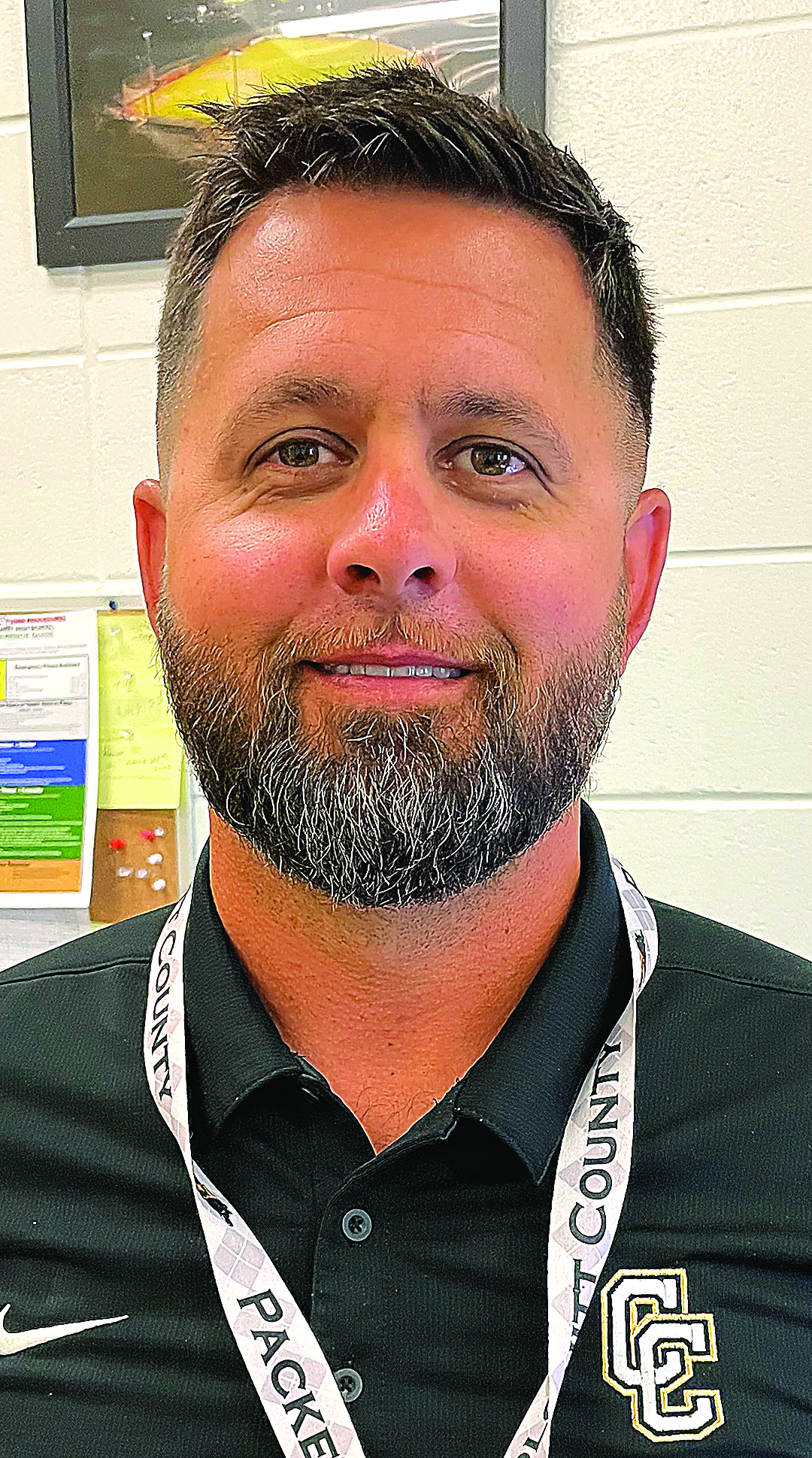State officials write ‘statewide prescription’ for overdose antidote
Published 8:54 pm Thursday, December 22, 2016
ATLANTA – A drug that has stopped hundreds of overdoses in Georgia is now available without a prescription, although it’s unclear how easy it will be to find.
Naloxone reverses the effects of overdoses of heroin and prescription painkillers, which are on the rise in Georgia.
Trending
The drug, widely known by its most common brand, Narcan, has been around for decades but has been used more broadly here since lawmakers opened up its use to first-responders and others two years ago.
The drug has already intervened in at least 564 overdoses since 2014, according to Georgia Overdose Prevention, a group of volunteers that distributes naloxone for free and monitors its use.
State officials hope that making the life-saving drug more readily accessible will put it in the hands of moms, boyfriends and others who have someone in their lives struggling with addiction.
“We felt like, with having accessibility with family, that we would save even more lives,” said Sen. Renee Unterman, R-Buford, chairman of the Senate Health and Human Services Committee. “And hopefully when you save a life, you can get those people into treatment.”
The emergency drug was already available to those with a prescription, but now it’s available to anyone who walks into a pharmacy and asks for it. That is because state Public Health Commissioner Brenda Fitzgerald issued a standing order this month, at the governor’s request, that state officials say essentially amounts to a statewide prescription.
The state Board of Pharmacy has also removed the drug from its list of dangerous substances.
Trending
Lawmakers are expected to make broader accessibility to naloxone permanent when they return to the Gold Dome next month.
The move comes as state officials grapple with a rise in overdoses.
About 1,300 people died last year of an overdose, which is about one hundred more than the year before, according to new numbers from the Centers for Disease Control and Prevention.
“Now you don’t have to worry about getting a doctor’s appointment and getting a prescription and explaining to your doctor that your son is an heroin addict. It’s not that much fun to do that,” said Robin Elliott, an Atlanta advocate whose son died of a heroin overdose in 2011.
Elliott, who co-founded Georgia Overdose Prevention, was among those who praised the state’s action. Associations of physicians and pharmacists also support the move, which is expected to easily win an endorsement by the Legislature.
Finding naloxone, though, may still be tricky, Elliott said.
“If you walk into a pharmacy and ask for naloxone, they probably won’t have it today,” she said, adding that it may vary by pharmacy.
Those without naloxone in stock can likely acquire the drug with a day or so, but that is not fast enough in an emergency.
That’s why Elliott’s organization encourages people to have the drug on hand as a precaution. It’s advice they also give to anyone taking painkillers, such as Lortab and Oxycontin.
“We really look at it like a fire extinguisher,” she said. “You don’t think your house is ever going to burn down. You hope it’s never going to burn down.
“But if you either have someone who lives in your home who is an active opiate user or someone who is recovering from opiates, then we think you should absolutely have a naloxone kit in the house with you,” she said.
Greg Reybold, attorney for the Georgia Pharmacy Association, said some currently carry naloxone, although it’s not clear how many do.
Reybold said more people trying to buy the drug could result in more pharmacies stocking it or increasing their orders.
Cost will also be limitation for some.
Georgia Overdose Prevention distributes naloxone in its cheapest form, a syringe and vial. The group’s kits, which are given away for free, include two doses at a cost of $40.
Two doses of more easily administered nasal spray can run nearly three times that.





